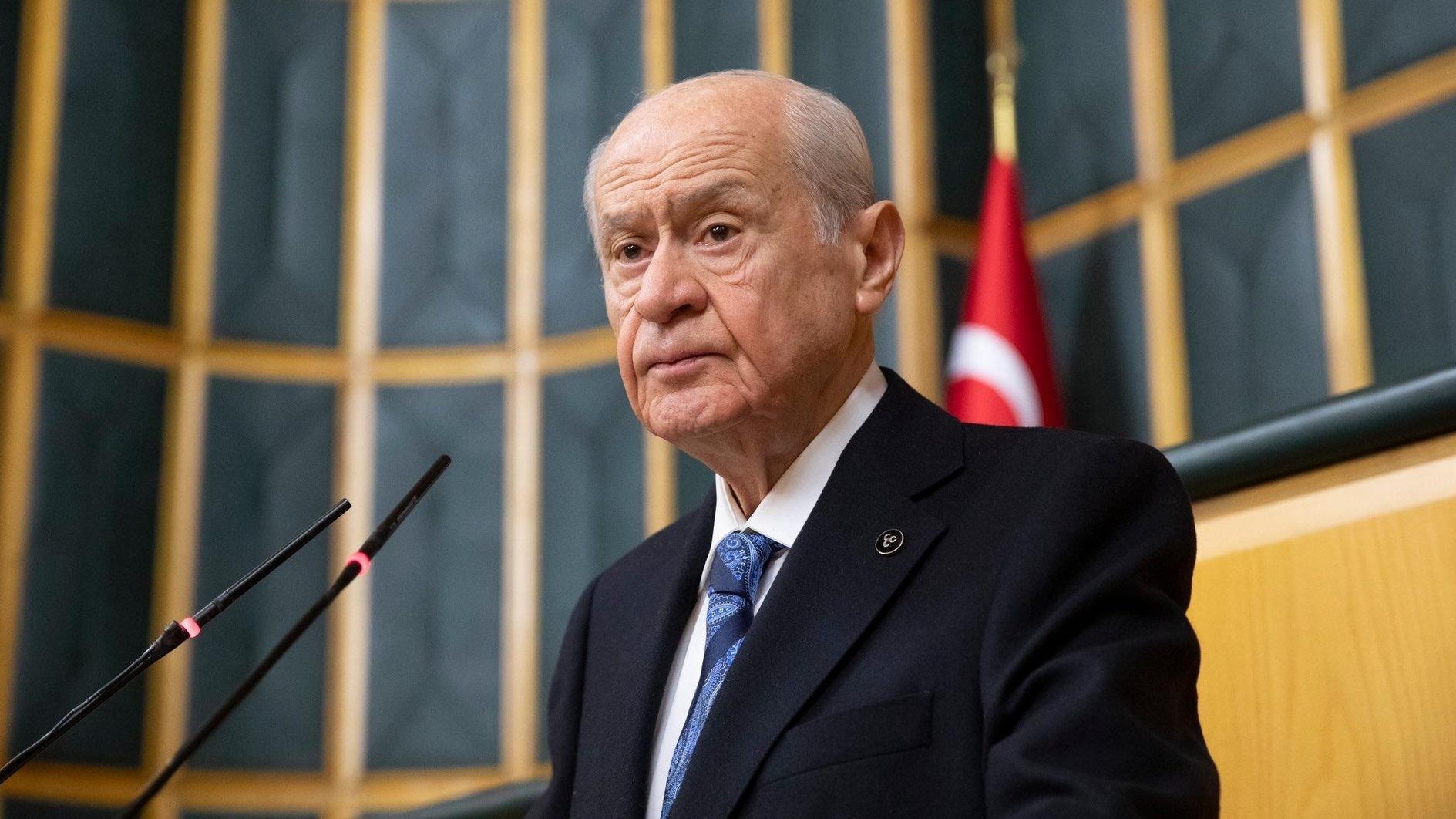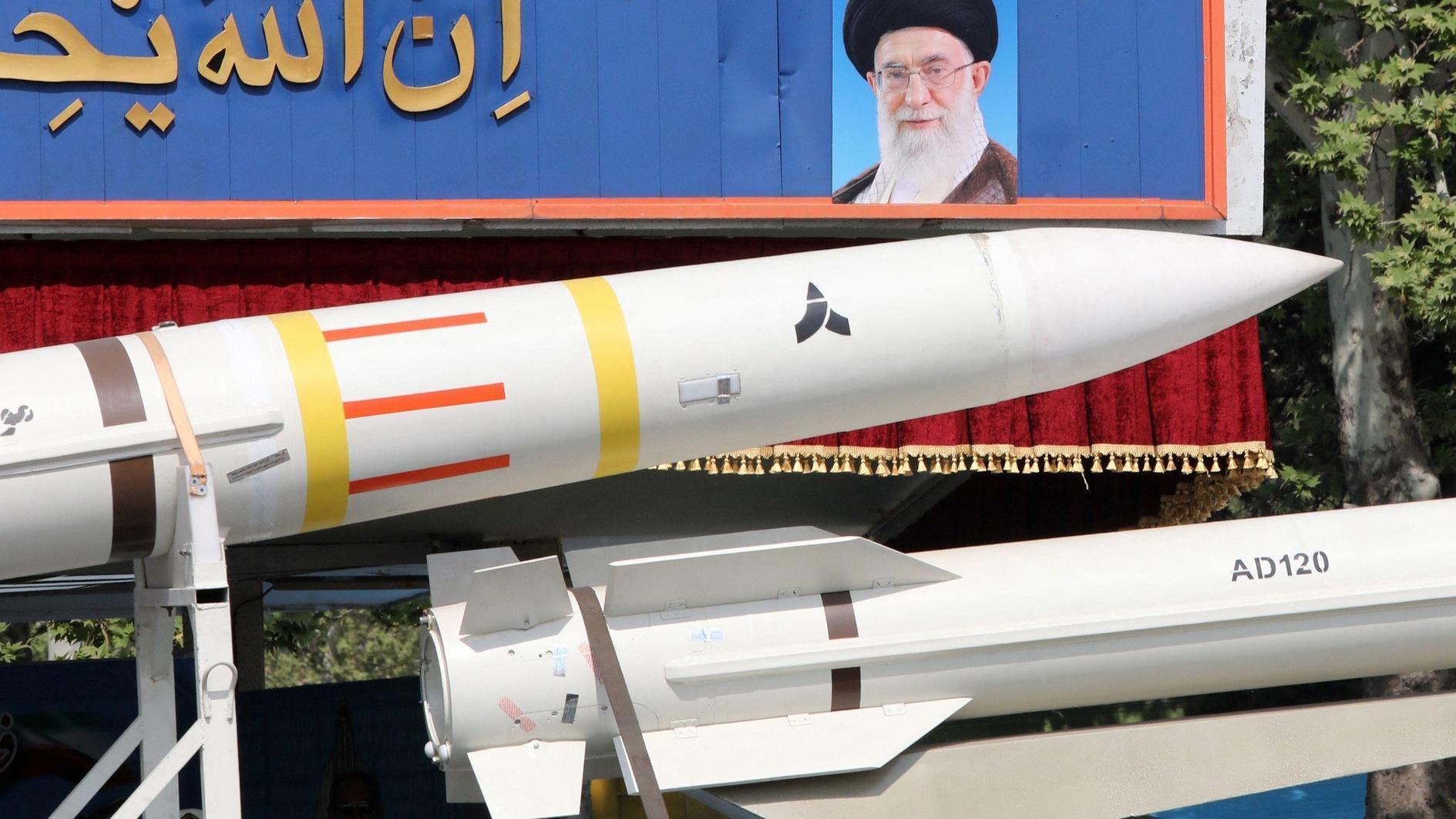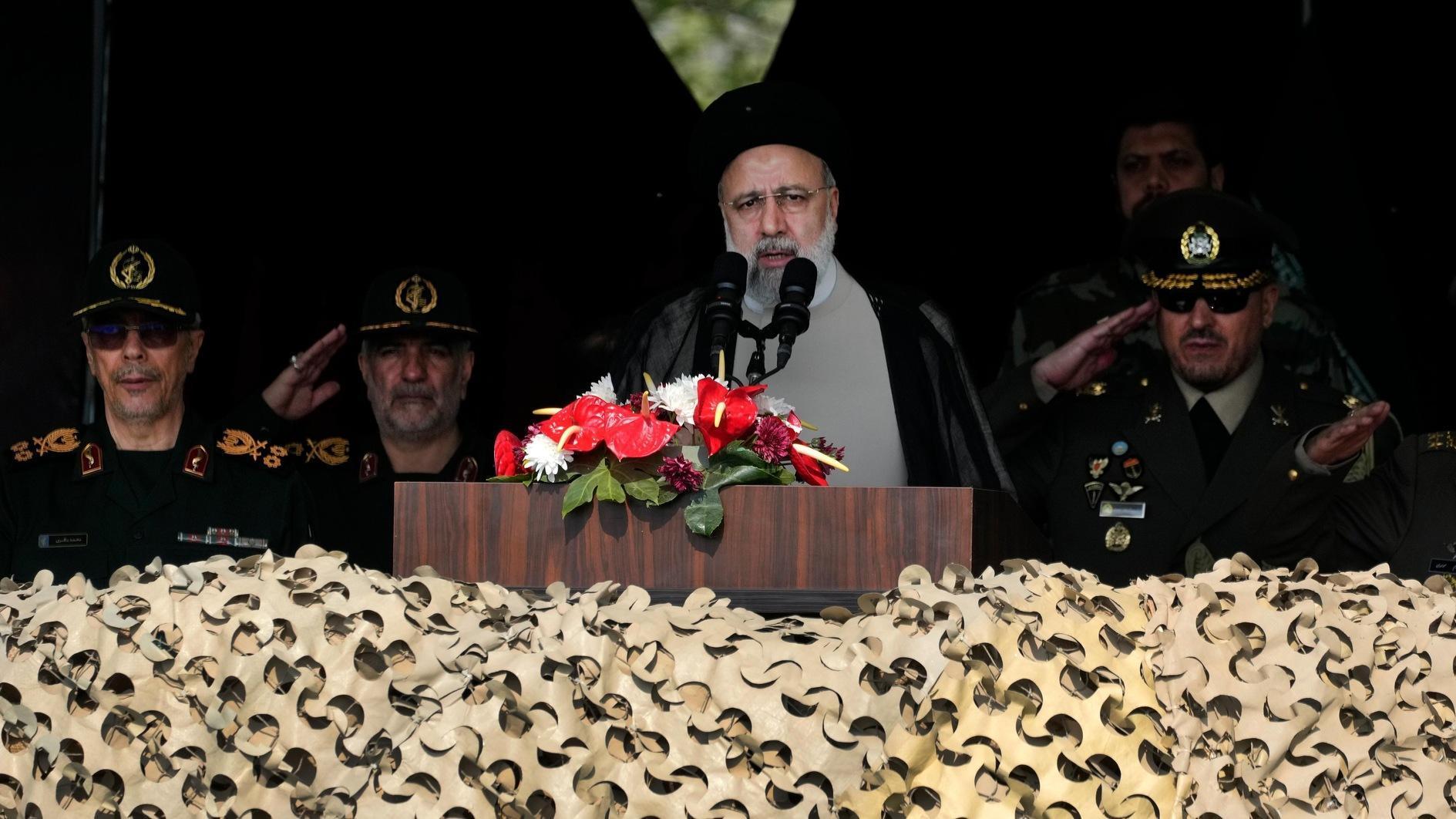Turkey opens border to Syrian Kurds fleeing ISIL offensive
ANKARA

Thousands of Kurds massed on the Turkish border after the Islamic State of Iraq and the Levant (ISIL) captured around 20 villages in northern Syria’s Kobane region. AA Photo
Turkish authorities opened the border with Syria on Sept. 19, allowing hundreds of Kurds fleeing from brutal attacks by the Islamic State in Iraq and the Levant (ISIL) to cross into Turkey.“We will take in our brothers fleeing to Anatolia from Syria or any other place, without any ethnic or sectarian discrimination,” Prime Minister Ahmet Davutoğlu said during a visit to Azerbaijan after the government was forced to act by refugees streaming to the border and locals in Turkey converging on the area, demanding that their ethnic kin be permitted to cross.
He said he personally ordered the borders opened for the refugees who had gathered along the wire fences separating the two countries since Sept. 16, amid escalating clashes. “The entries have started now,” Davutoğlu said at the press conference.
The measure came hours after tension between security forces and locals, who reacted against officials that kept Syrian refugees waiting at the border in the southeastern village of Dikmetaş. Turkish police and troops resorted to tear gas and water cannon to disperse the protestors, who had massed near the border. A woman was injured after stepping on a land mine that triggered an explosion, Doğan News Agency reported.
Live television footage showed Syrian Kurds, mostly women and children, crossing the border into Turkey under tight security. Sounds of gunfire and mortar explosion were still heard in Dikmetaş, a sign of the ongoing clashes, reports said. Exhausted Syrians passing the border were offered water and food by the troops, as Davutoğlu said Turkey’s disaster agency AFAD had been instructed to provide assistance.
‘A humanitarian mission’
Thousands of Syrian Kurds fled their homes after ISIL’s latest offensive in Kobane, one of the three cantons of Rojava. Watch groups said the jihadists had attacked and seized 21 villages using heavy weaponry.
“We have taken in 4,000 brothers. The number might increase. Their needs will be met. This is a humanitarian mission, a historic mission,” Davutoğlu said. Doğan News Agency put the number of Syrians who crossed the border at 5,000, a figure likely to increase. Activists reported that ISIL was committing massacres and kidnapping women in the newly seized areas.
“As long as Turkey remains strong, and has capacity, it will help everyone seeking refuge,” he added, defending Turkey’s policy on refugees.
But İzzettin Küçük, the governor of Şanlıurfa, said the refugees were taken in as an “exceptional” gesture. “Permission was granted for our strained Syrian brothers to enter Turkey... they will be settled after identity and health checks,” he told Turkish television.
Weeping refugees told tragic stories of leaving family members behind to guard over their property and of ISIL militants executing their relatives. “God bless the Turkish government. They saved our lives, but what will happen to the rest back in Syria?” an elderly refugee told NTV television.
ISIL has met stiff resistance from the People’s Defense Forces (YPG) of Rojava, but the jihadists have technological superiority over the Kurdish fighters.
The official number of Syrians who have fled to Turkey has exceeded 1.38 million. Of this number over 250,000 live in camps, in mostly urban areas.
AFAD has announced it will attempt to determine whether the refugees have relatives in Turkey. Only those who do not have any family members already inside the country will be transferred to camps in Gaziantep, Şanlıurfa, Mardin and Adıyaman.
Support from the opposition
The move to open the borders also resulted in a rare entente between the government and the Turkish opposition party, as a senior lawmaker from the Republican People’s Party (CHP) lent his support on the issue.
“I find the decision to open the borders adequate, it’s the right move. Even if it was a little bit late, Turkey should open its arms to people whose lives are in danger,” said Faruk Loğoğlu, also a former Foreign Ministry undersecretary.
Loğoğlu warned that Turkey must be prepared to deal with more refugees in the event of a further advance by ISIL fighters, stressing that winter was nearing.
Turkish officials have repeatedly stated their biggest concern is another influx of refugees, calling for a humanitarian buffer zone that would allow them to extend help to those on the other side of the border.
The capture of Kobane, Syria’s third largest Kurdish town, would give ISIL control of a large strip of Syria’s northern border with Turkey.
Western capitals have upped pressure on Ankara in recent months to protect its porous frontier and stop the transit of foreign fighters swelling the ranks of ISIL jihadists in Iraq and Syria.

















